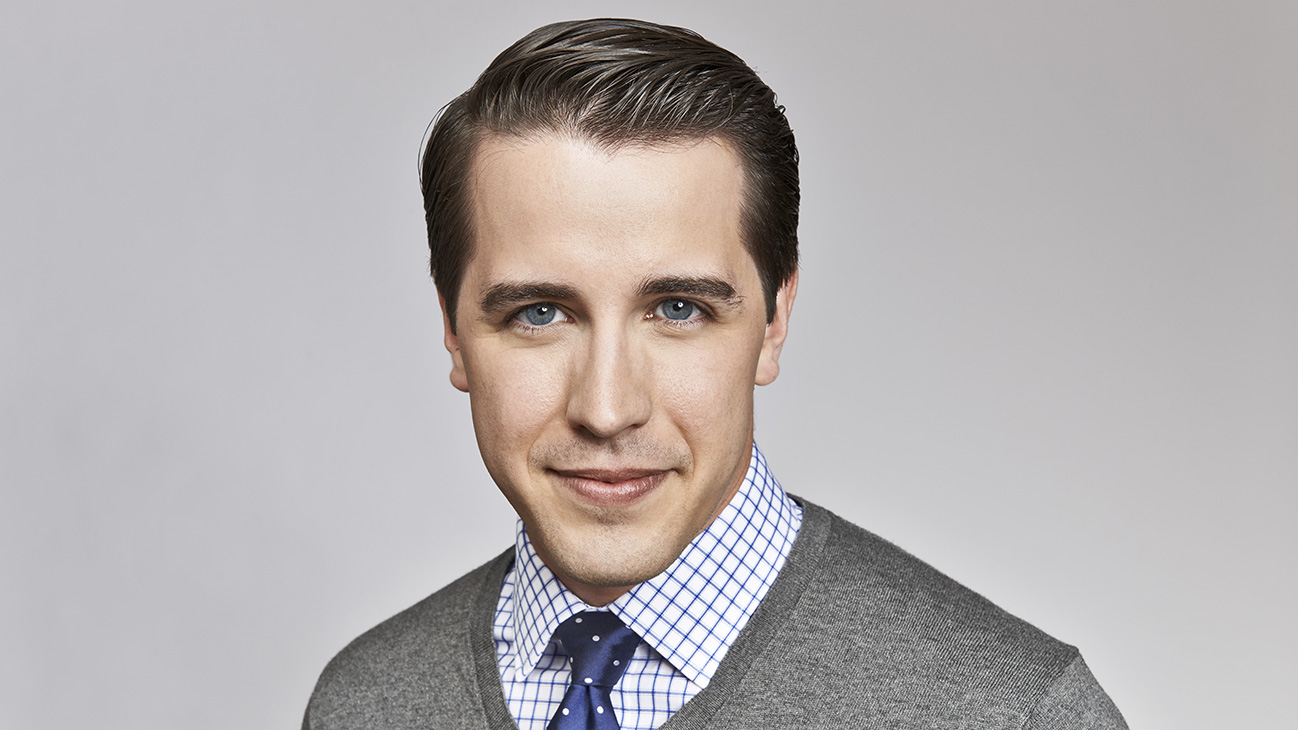As we start to reach the end of the year, we quickly become surrounded with signs that the holidays are near. It starts with the discounted Halloween candy lining your store shelves, your takeaway Starbucks cup getting a more festive look, and then slowly seeing your inbox fill up with… evites.
Unfortunately, this season so often associated with cheer, family, connection, and community, has also become synonymous with triggers for mental health problems. Along with that festive fun comes an increase of stressors that can include family pressures like spending time with more (and different) people than you normally would, or financial pressures like buying gifts and overspending, and just meeting the deadlines of the season, both personally and at work.
To help ensure your mental health stays a priority through this busy time of year, we spoke with mental health advocate and strategist Mark Henick who shared strategies on how you can best support yourself and your loved ones not only through the holiday season but all year round.
Developing Your Self-Care Strategies
Your self-care strategy is your first defense. Since it’s more difficult to develop these strategies in a stressful moment, Mark recommends that when you are in a stable place, you use this time to create a self care plan so you have it when you need it most. Below are a few of his recommend strategies.
Express Yourself
People tend to bottle things up, Mark says, which only creates added pressure on ourselves. He says it’s important that people express what they’re feeling in the moment so they can start working through it. He suggested two effective strategies:
- Journaling. Writing down our thoughts and feelings can help people better understand them and give them a sense of control over their emotions.
- Talk to someone. Some people prefer talking with another person, whether it’s a friend, a colleague, or someone anonymous from a help line. Just hearing what we’re experiencing out loud can help us process it and find solutions.
“We live in a time of openness like we never have before.” Mark says. “Not only is it acceptable, it’s encouraged to talk to people about our mental health struggles. There will always be people uncomfortable with your story, but there are consistently more people willing to connect with you and share their own experience as well.”
Chunking and Scheduling
A popular Cognitive Behaviour Therapy, this involves breaking, or “chunking” larger tasks into smaller ones, and then scheduling time to focus on and complete each one. This can be done with just about anything, and makes tasks seem much more manageable and less daunting. We can cross them off our to-do list a lot quicker, giving us a needed sense of accomplishment.
“Sometimes I cheat,” Mark says, “and put things down that I have already done just so I can get the satisfaction of crossing them off.” Validation and “quick wins” can give you energy and motivation to continue.
Mindfulness
This is Mark’s personal go-to self care method. One of his triggers is when he starts to feel ungrounded from the present moment, as though things are fast, confusing, and spinning out of control. When he starts feeling this way he’s learned that no matter where he is, he needs to take five minutes somewhere quiet to centre himself. This helps him bring clarity to the situation and re-ground himself.
He often uses mindfulness apps in these moments with his favourite being Calm, which offers a variety of tools to help you in the process. The more you engage in mindfulness, Mark says, the better it gets and the more effective it becomes.
Mark also suggested some strategies more specific to the unique stressors of the holiday season, and to help ensure that we don’t over exert ourselves in this busy time:
- Layer extra time in your holiday schedule to give yourself a break. Strategize in advance to ensure your schedule still includes some of your regular hobbies and/or activities so you have time to recharge.
- Create a budget specific to the holiday season (accounting for holiday parties and gifts) so you aren’t hit with a wave of financial pressures, especially at the start of a new year.
Pay Attention
While the goal during the holidays is to maintain balance and stability, Mark says we can use the holiday season as a learning experience as well. Most people don’t know what their triggers are, or even know that they may be prone to depression, anxiety, and other common mental health problems until they are pushed to their limits. If this happens to you this holiday season, pay attention and reflect on what you are experiencing. Follow these recommended self care strategies but also take note of what triggered you so you can better prepare yourself for next time, not only for the holiday season but in your day to day life as well.
Mark also recommended that we pay attention to the people around us, especially those we know may suffer from mental illness. If you’re paying attention, he says, you will notice if someone is feeling overwhelmed. Once you do, don’t be afraid to ask the tough questions. Here’s some suggestions to start the conversation:
- “Do you want to talk about it?”
- “I’m here for you if you want to talk.”
- “I don’t know what will help, but I can help you find out. We can learn together.”
This attention lets people know they aren’t alone and just knowing this can help them.
“You can’t ‘do recovery’ to people against their will,” Mark says, “But you can support them by noticing what they are going through, asking the right questions, and creating a safe space. Be their safe person.”
It is actually just a rumour that the holiday season tends to the most depressing time of the year. Mark says there actually is no data or research to back it up. In fact, research shows people tend to feel more connected over the holidays because they are seeing more family and friends.
However, with the added festivities around the holiday season, it provides us with a good reason to take a moment to reflect on our mental health and our self-care strategies. “There is never a bad time to seek treatment or reassess treatment,” Mark says.
So, with this in mind, move forward armed with the knowledge of the key stressors to look out for and the self care strategies to have in place, and enjoy your holiday season. If you find that you need support, know that there are systems in place to help you whether it’s from a friend, family member, or more clinical support. Never be afraid to reach out for help.
Mark Henick has dedicated his life from an early age to opening minds and creating change in mental health. His talks are informed by his direct experience with stigma and the mental health care system, and he brings his diverse and unique perspective to every audience as someone who has been a patient, a professional, a policy influencer, and a public figure in the mental health system.
Interested in learning more about Mark and what he can bring to your next event? Email us at [email protected].




